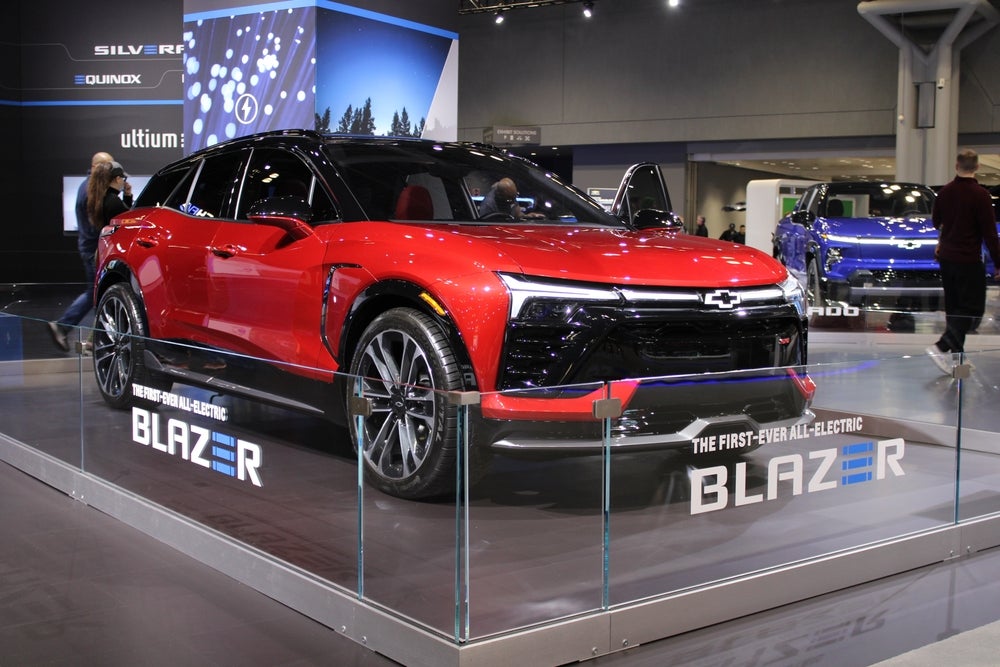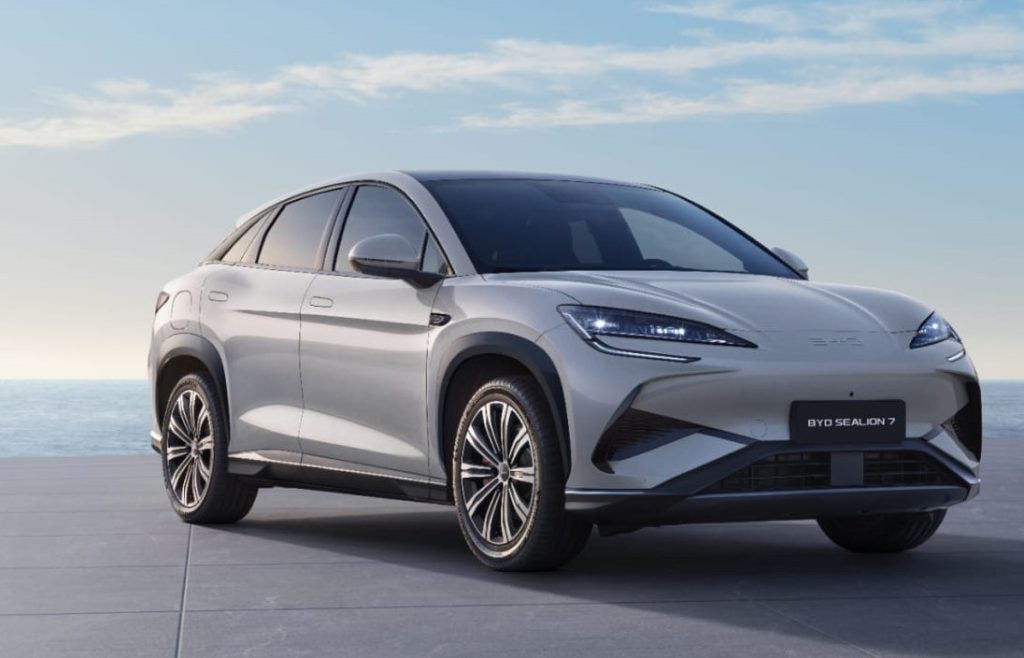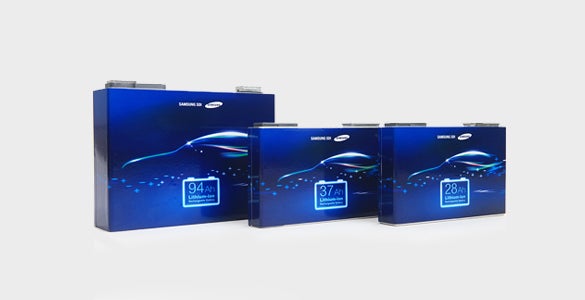The name a brand chooses for an automobile is significant and many names have gone on to be quite consequential culturally, either positively or negatively. This is particularly important with anything new. When the first generation of fully electric vehicles launched, the names of those vehicles evoked what the car was powered by (i.e., Chevrolet Volt) or perhaps the green benefit of the vehicles (i.e., Nissan Leaf). Most brands have not stuck with this concept since many electric vehicles are now either versions of current ICE vehicles or are closely related. This led to several brands adopting a policy of using slightly different names, albeit related to the ICE vehicles.

Audi and Mercedes-Benz are two examples of this approach. The first electric vehicle Audi produced was named e-tron; this vehicle was later re-named the Q8 e-tron, which set the stage for the naming of the additional electric vehicles that launched: Q4 e-tron, Q5 e-tron, Q6 e-tron and A6 e-tron. For Mercedes-Benz, the strategy was to adopt a naming convention using “EQx,” with the first vehicle being the EQC. This vehicle is essentially the electric version of the GLC. Continuing with this naming convention Mercedes-Benz released the EQB and EQA, which are electric equivalents of the GLB and GLA, respectively.
With the BEV (battery electric vehicle) market now appearing to cool, manufacturers may be looking for a way to distance themselves from the perceived image of a BEV, and the perceived image of the person who owns one. The name of the vehicle may be one way to achieve this. The push to shift to mostly or even exclusively electric vehicles is challenging for many manufacturers. This transition is likely to be made even more difficult in the US as President-elect Trump has indicated his desire to roll back EV tax credits which have helped mitigate the higher cost of many EVs. Although a name alone will likely not result in a consumer considering your vehicle, it is one way to distinguish one product over another. We might now be transitioning from electric vehicles being unique to a push to make them more mainstream. A name may be one subtle, but an important, way for a manufacturer to signal that these vehicles are normal automobiles, just with a different powertrain.
Chevrolet launched two lower-cost electric vehicles, designed to be affordable and appeal to a wide audience, and chose to market these vehicles as “EV,” i.e., Equinox EV, and Blazer EV. While they have added the variant (EV) to the name, they have chosen to use the traditional ICE vehicle’s name, even though these EVs are built on completely different platforms from those ICE versions.
Both Mercedes-Benz and Audi also seem to be walking back on their naming schemes. Mercedes-Benz has decided that as the next generation of vehicles is launched, they will revert to the ICE names previously used. In other words, the name itself will not differentiate whether it’s an electric vehicle.
Audi will adopt a similar strategy, although some differentiation will occur: ICE vehicles will be odd numbers whereas electric vehicles will be even numbers. For example, the A5 and A7 will continue as ICE-only vehicles while the A4 and A6 will be electric only.
A lot has changed since these vehicles first appeared and the era of highlighting the vehicle as being electric by giving it a unique name may be over.
Kimberly Krafft, Analyst, Americas Vehicle Forecasts, GlobalData
This article was first published on GlobalData’s dedicated research platform, the Automotive Intelligence Center.
















